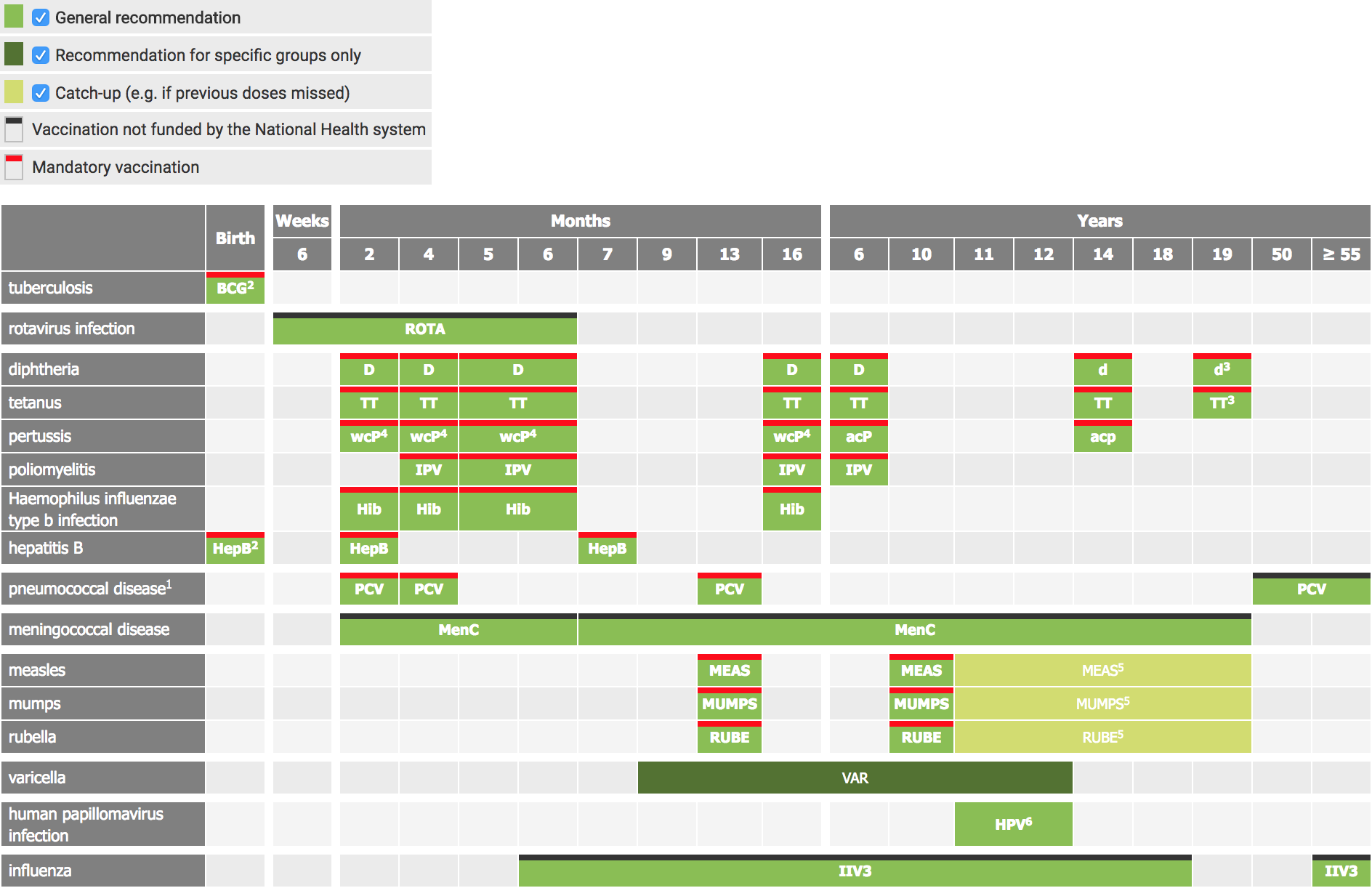Failure to bring children for vaccination can lead to fines in Poland. Soon after the birth of a child, parents are given a national immunisation card which is held by the family doctor. The doctor is responsible for checking that their patients have had the necessary vaccines.
11 vaccines – including those against tuberculosis, hepatitis B, diphtheria, tetanus, pertussis, poliomyelitis, Haemophilus influenzae type b, pneumococcal disease, measles, mumps and rubella – are mandatory. (A small number of other vaccines are recommended but not free.)
Like several other nations in central and eastern Europe, Poland’s mandatory vaccination rules date back to the Soviet era. After the break-up of the USSR, Poland became an independent state, joining the European Union in 2004. It is the sixth most populous country in the EU.
Despite a period of great change, childhood vaccination rates have remained high. ‘Even after the democratic reforms starting in 1989, the mandatory vaccinations were maintained and were widely accepted by Poles, assuring a very high vaccine uptake,’ says Dr Paweł Stefanoff, an epidemiologist at the National institute of Public Health.
‘In recent years, an increasing number of parents have challenged this legal requirement and refused or delayed vaccination against certain diseases.’
He says a vocal minority has repeatedly demanded changes to the law, but successive governments have refused. Proponents of mandatory vaccination contend that it helps to maintain coverage and protects those who are too young or too ill to be vaccinated.
Herd immunity in jeopardy
Stefanoff, who helps to run the Szczepienia website, says vaccine hesitancy is rising in Poland. This, he argues, is leading to lower uptake of some vaccines – albeit from a very high rate.
The number of people refusing vaccines (and subject to a formal administrative procedure) increased from 4,893 in 2007 to 23,147 in 2016.
This may be the tip of the iceberg, highlighting only those with entrenched anti-vaccine beliefs. There are several steps before a formal procedure is launched.
‘Usually when parents have doubts about administering vaccines to their children, they are approached by their primary care physician, and subsequently by representatives of public health services,’ explains Dr Stefanoff. ‘The initiation of a formal procedure against parents usually takes a long time, following many attempts at negotiation.’ The above figure does not include those who are hesitant or delay appointments.
This trend has hit MMR vaccination rates over the past five years. Uptake of the first MMR dose was 98.3% in 2007 but fell to 95.5% in 2016. Dr Stefanoff says the reasons behind this trend remain unclear but it may reflect a global phenomenon of declining trust in authority.
To maintain herd immunity against measles, 95% uptake of two doses is required. Poland is on the verge of dipping below this crucial target.

The Szczepienia website, operated by the National Institute of Public Health, is part of a government effort to halt the decline. It is a member of the WHO Vaccine Safety Net network of vaccine websites. Vaccines Today is also a member of this network.





madhusudan yadav
July 4th, 2018
how can I apply
michal
November 24th, 2018
from where did you get information that Poland was a state of old USSR? it is complete lie.
T
July 7th, 2019
In practice Poland was not an independent state in Soviet era. It could not join EU could it?
Bob
February 17th, 2020
Its all true. After ww2, soviet puppet state all the way until 1989
Actual pole
November 20th, 2020
The fact that Poland was state of USRR is true! 🙂 We were depending on soviets after WW2 but in 1989 we closed that chapter by becoming independent. We joined the EU in 2004. 15 years after cutting off ties with the soviet union.
I know those misinformed comments were written years ago but i wanted to straighten the facts for those who will come here in the future. 🙂